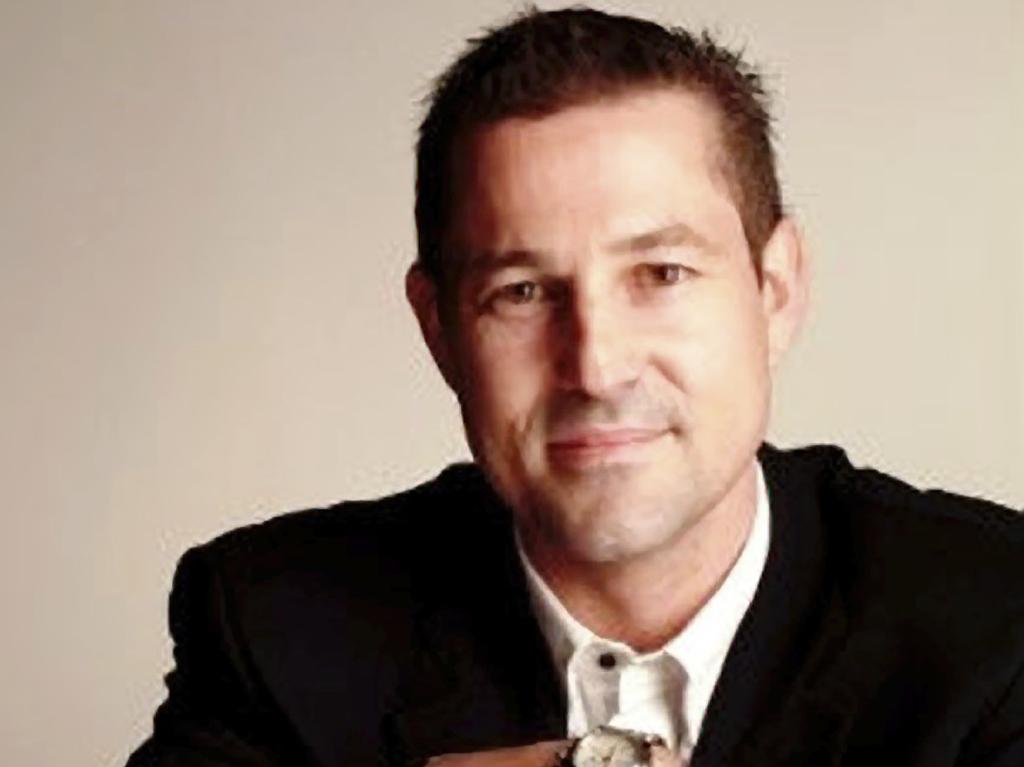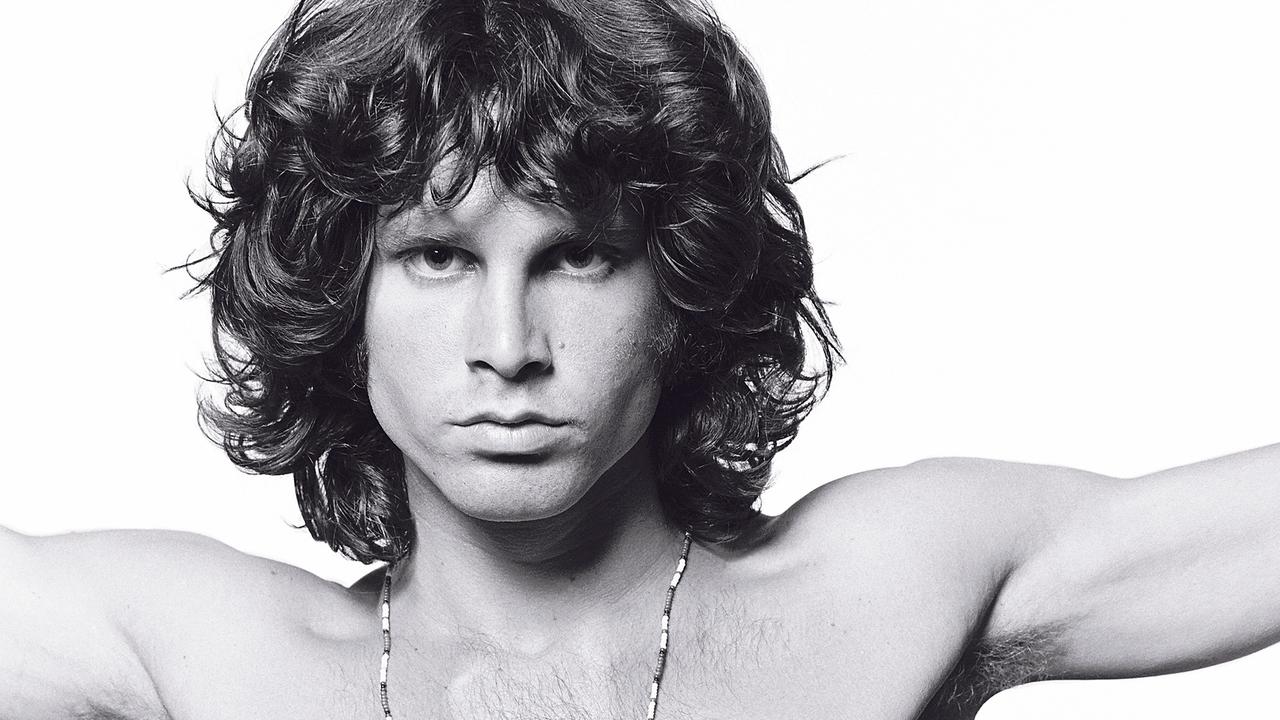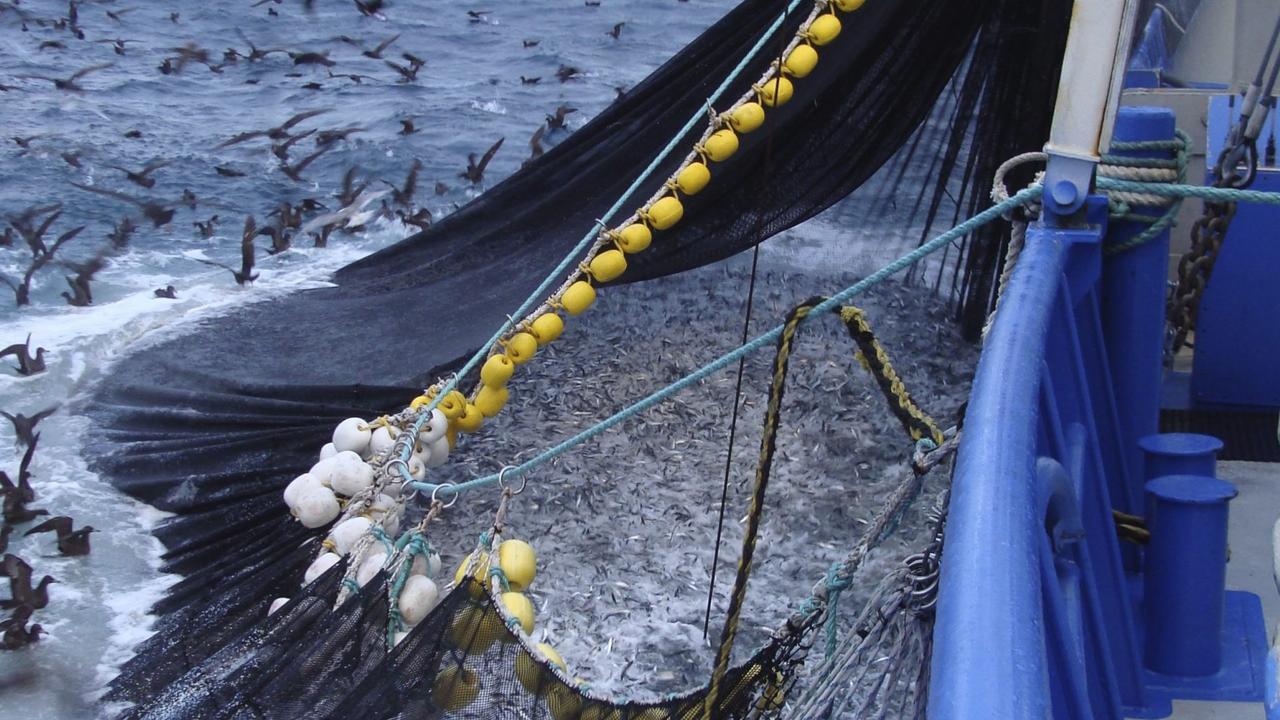China ‘a danger’ to accused AUKUS information seller Alexander Csergo
The Bondi businessman alleged to have sold AUKUS information could be in danger from ‘people very interested in him not giving evidence against the Republic of China’, according to a magistrate.

The Bondi businessman alleged to have sold AUKUS information to Chinese spies could be in danger from “people very interested in him not giving evidence against the Republic of China”, according to a magistrate who ruled that keeping him detained would help ensure his safety.
Alexander Csergo was denied bail on the grounds he was a flight risk after a court heard he sold information about the AUKUS security agreement, lithium mining and iron ore to alleged Chinese agents in exchange for envelopes of cash.
Mr Csergo appeared via video link before Downing Centre District Court from his cell in Parklea prison on Monday.
The court heard Mr Csergo would visit Australia with a “shopping list” of information requested by the alleged spies, who had contacted him through his public LinkedIn page.
He would write the information and deliver it to the alleged spies, who were using the anglicised names Ken and Evelyn, in return for envelopes stuffed with cash that he would never deposit, but spend outright.
Ken and Evelyn organised numerous meetings with Mr Csergo in frequently empty cafes across Shanghai, which they selected.
They would always arrive at the venue before Mr Csergo, and always leave after him.
While Mr Csergo’s defence lawyer staunchly opposed any suggestion his client’s actions were “sinister”, magistrate Michael Barko disagreed, deemed him a flight risk and refused to grant him bail.
“If I read those facts to any lay-person, they would be highly suspicious of the conduct of the defendant, at the very least,” Mr Barko said.
Mr Csergo’s “personal safety” and the Chinese government’s presumed interest in the case were cited as additional reasons to keep him imprisoned.
“No doubt when this hits the fan there will be people very interested in him not giving evidence against the Republic of China,” Mr Barko said.
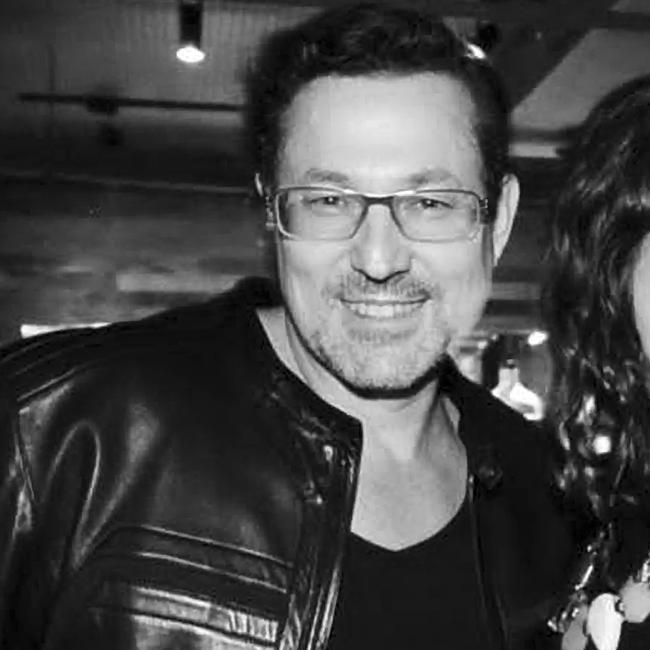
“The defendant, I can infer, must have been on the radar of the intelligence authorities in Australia for quite some time.”
Mr Csergo, who owns a Shanghai-based consulting company and has worked in China for many years, has vowed to file a counter-claim against the commonwealth for “destroying his career and business”.
“(He will be) pursuing a case for significant economic loss against the commonwealth,” his lawyer, Bernard Collaery, said.
Mr Collaery argued there was nothing untoward about Mr Csergo’s consultancy with Ken and Evelyn, and that it was merely a common business exchange.
“(Business people) in China often have an anglicised first name with three characters after,” he said. “There is a suggestion that there is something off about the fact that two or three of the persons he was in contact with, among hundreds, that there was something sinister about Ken and Evelyn.”
Mr Collaery argued any information Mr Csergo could access was publicly available, and his interaction with Ken and Evelyn was innocent.
But Mr Barko swiftly interjected: “Why is he getting cash in an envelope for publicly accessible documents? Why couldn’t Evelyn and Ken do that? I don’t go down to my coffee shop and get an envelope of cash to give them publicly available information.
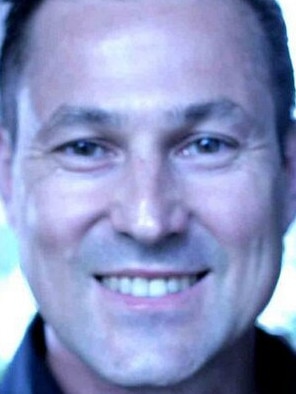
“What would the lay-person say? The lay-person would say it stinks and there’s something going on.”
Mr Collaery said the AFP was making an example of Mr Csergo’s arrest to show the success of foreign interference laws introduced in 2018, and illustrate the national security risks of Australian business people working in China.
He said the police “unfairly” timed a media release detailing Mr Csergo’s arrest at peak online traffic times to garner greater interest in the matter.
“They arrested him at 6am on Friday and arriving in prime news time was a police release of footage of the arrest and grabs … and talks about espionage,” Mr Collaery told the court.
“He’s not charged with espionage, but it speaks to espionage. Why isn’t he charged with espionage if there’s evidence of that?”
The court heard Mr Csergo lives with his brother and their 85-year-old widowed mother in their Bondi home. Both family members were seated in the front row of the court. Mr Collaery argued Mr Csergo should be granted bail because he is not a flight risk nor a danger to the state.
“He’s being held in solitary confinement, classed as a high-security-risk prisoner with the lights on day and night,” Mr Collaery told the court. “The police have presented no sworn evidence as to his likelihood of flight. They have seized his passport. He has an aged mother. He shipped his belongings home (from China) and the evidence of that is in his WeChat records.
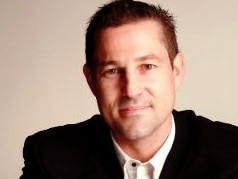
“He is not charged with directly or intentionally supporting anything that could amount to espionage … even though the press release uses those words.
“He’s of good character. There’s no potential for interfering with witnesses.”
But solicitor Connor McCraith, for the Commonwealth Director of Public Prosecutions, said Mr Csergo repeatedly met with Ken and Evelyn in full knowledge they were working for a Chinese intelligence agency. “He met with them in private meetings and exchanged thousands of WeChat messages,” Mr McCraith said.
“He returned (from China) to Australia with a shopping list to gather information.
“This was all done in a certain state of mind: he believed Ken and Evelyn worked for a Chinese intelligence agency.”
The court heard Mr Csergo grew up in Sydney’s eastern suburbs and attended Waverley College. He completed a Bachelor of Science at the University of NSW, and later studied marketing at the same institution.
In 2002 he went to China, where he became involved in technology marketing companies. During his time in China he worked for Shanghai Volkswagen and large US data providers.
Through Covid-19 he worked for his own consulting company, Conversys, with Shanghai-based headquarters. One of its clients was advertising behemoth JCDecaux, through which Mr Csergo gained access to data detailing 390 million mobile phone records, the court heard. He will face court again on June 14.



